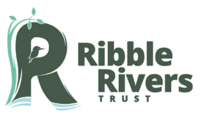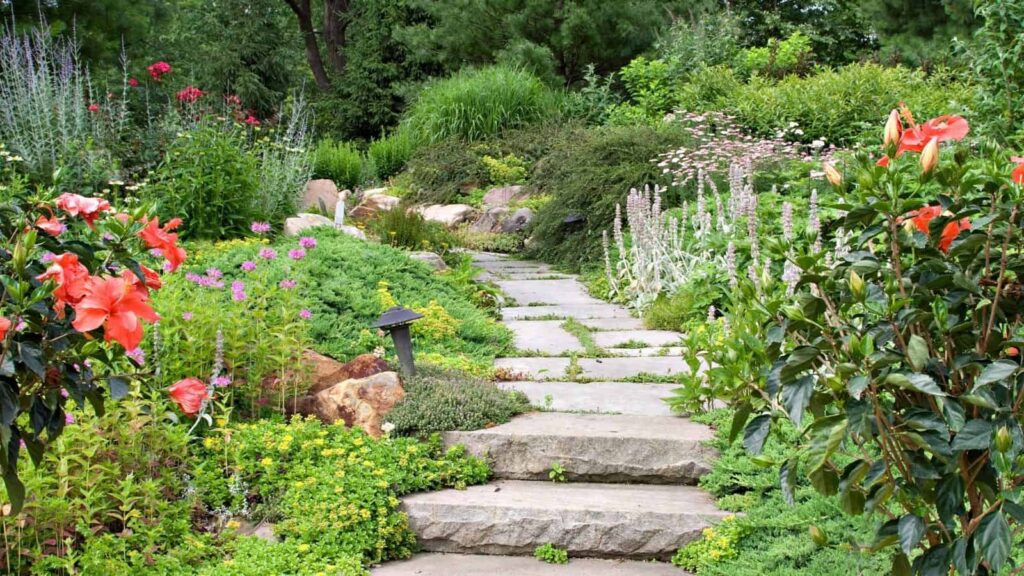This week is National Gardening Week.
If you are lucky enough to have a garden, yard, patio, or balcony then you will probably agree that in the last year this space has been invaluable. Gardens are an extension of our houses, and give us space to relax, unwind, and quickly connect to the outdoors.
Gardens can also be great for wildlife too, and no matter how big or small your space, you can follow our tips to make sure you’re gardening in a water and wildlife friendly way!
🌱Reduce water usage- water companies draw water from streams when demand is high, which can have devastating impacts on rivers and wildlife.
🌱Reduce chemical use- chemicals such as pesticides and fertilisers pollute groundwater, run off into rivers & provide no food or habitat benefits for wildlife.
🌱Encourage natural predators- such as birds, ladybirds, & lacewings who will keep the number of garden pests in check naturally.
🌱Compost your garden and food waste- it’s nutrient-rich, reduces the need for harmful fertilisers and pesticides, and reduces household waste.
🌱Reduce water run off- surface drains and road drains often lead directly into your local streams and rivers, carrying chemicals and other pollutants into them. This is also important when washing your car.
🌱Choose native species- native plant species are great for native wildlife species, but non-native invasive plants, like Himalayan balsam, can have serious negative effects.
🌱Choose peat free- peat belongs in peat bogs, not in gardens. When left alone peat stores a huge amount of carbon (more carbon than trees!) and acts like sponge, sucking up rain, and releasing it slowly to reduce flood peaks.


